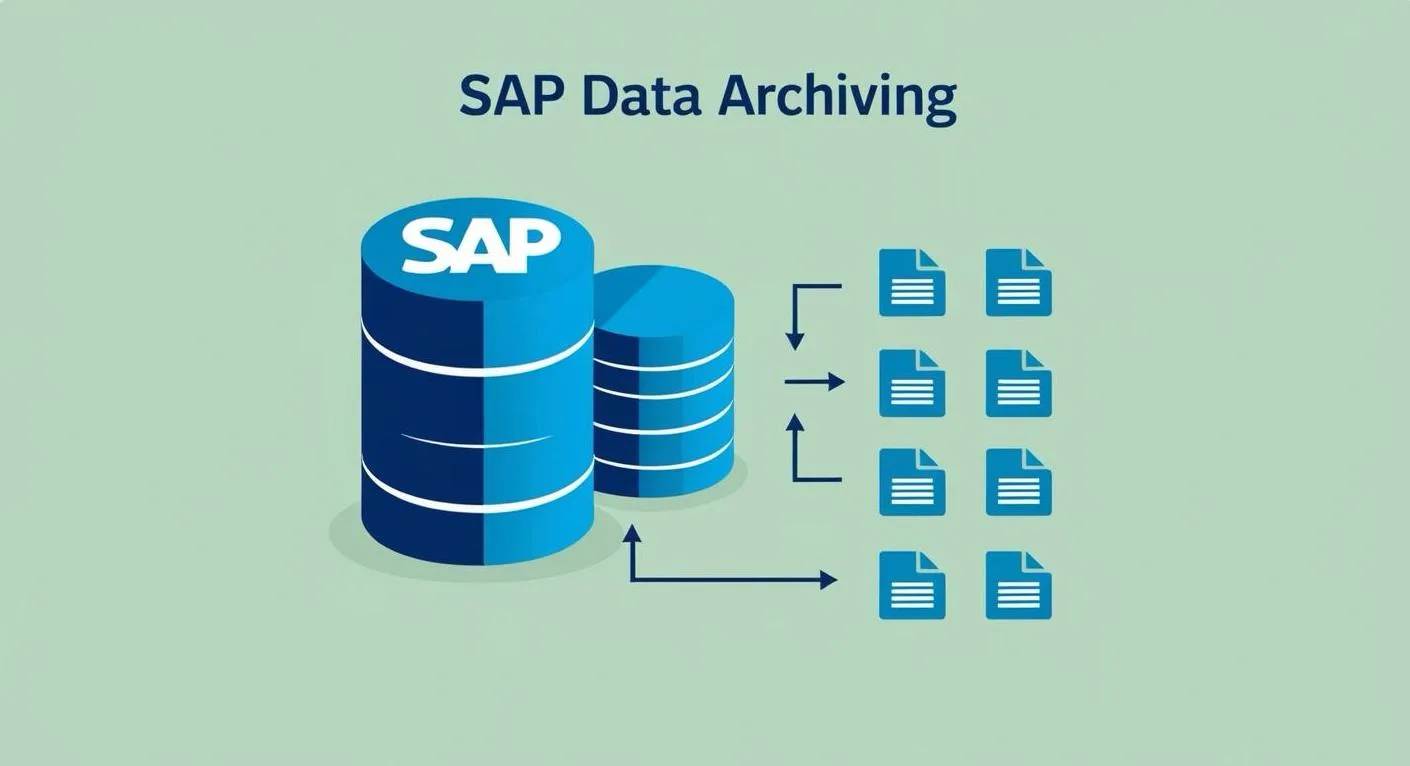Understanding Digital Transformation in the Digital Age
Digital transformation has emerged as a pivotal concept for businesses striving to thrive in today’s fast-paced technological landscape. It refers to the integration of digital technologies into all areas of a business, fundamentally changing how organizations operate and deliver value to customers. This transformation is not merely about adopting new technologies; it encompasses a strategic overhaul of processes, culture, and customer interactions to remain relevant and competitive.
In an age characterized by rapid advancements in technology and shifting consumer preferences, companies must evolve to meet new expectations. Customers now demand personalized, efficient, and seamless experiences. This shift has accelerated the need for enterprises to embrace agility and innovation, pushing them to adopt agile methodologies that facilitate quick responses to market changes. Businesses must be proactive, leveraging real-time data analytics to anticipate customer needs and tailor their offerings accordingly.
Key trends shaping digital transformation include cloud computing, big data analytics, and the Internet of Things (IoT). These technologies empower businesses to collect and analyze vast amounts of data, enabling deeper insights into customer behavior and operational efficiency. Additionally, the integration of artificial intelligence (AI) and machine learning allows organizations to automate processes, enhance decision-making, and improve customer interactions. AI-driven insights can optimize supply chains, streamline operations, and personalize marketing efforts, ultimately enhancing overall customer satisfaction.
The significance of digital transformation in the modern business environment cannot be overstated. Companies that embrace these advancements are better equipped to navigate uncertainties and capitalize on new opportunities. By fostering a culture of continuous improvement and innovation, organizations can position themselves for long-term success in a world increasingly defined by digital experiences.
The Role of AIOps in Modern IT Operations
In the contemporary landscape of IT operations, AIOps, or Artificial Intelligence for IT Operations, has emerged as a vital player in navigating the complexities associated with digital transformation. AIOps integrates machine learning, big data, and analytics to enhance IT management, thereby addressing traditional operational challenges faced by organizations. By leveraging these advanced technologies, AIOps facilitates real-time analysis, automating routine tasks and optimizing performance across various IT environments.
The core functionalities of AIOps encompass automation, analytics, and proactive monitoring. Automation within AIOps allows for the streamlining of repetitive tasks, thus freeing up valuable human resources for more complex decision-making processes. This not only enhances operational efficiency but also reduces the likelihood of human error. Meanwhile, the analytical capabilities afforded by AIOps deliver insights by continuously evaluating vast quantities of data. This can lead to more informed decisions, optimizing resource allocation effectively.
Proactive monitoring is another significant aspect of AIOps, allowing organizations to identify potential issues before they escalate into critical incidents. By monitoring systems continuously and utilizing predictive analytics, AIOps can forewarn IT teams about possible system downtimes or performance degradation. This capability is particularly crucial for incident management, helping organizations minimize disruptions in their operations.
The advantages of integrating AIOps into IT operations extend beyond mere automation. They include improved incident response times, enhanced performance optimization, and better resource utilization—qualities that are imperative for organizations pursuing operational excellence in their digital transformation. Ultimately, AIOps positions itself as a cornerstone technology, enabling organizations to remain agile, responsive, and competitive in an increasingly digital world.
Avantra: The SAP AIOps Tool for On-Premise and Cloud Environments
Avantra stands out as a premier AIOps solution specifically tailored for organizations leveraging SAP environments. By providing comprehensive monitoring and management capabilities for both on-premise and cloud deployments, Avantra enhances operational efficiency and reduces the complexity often associated with SAP landscapes. Its robust feature set enables businesses to simplify their operations while ensuring optimal performance across their SAP applications.
One of the defining characteristics of Avantra is its ability to automate routine tasks, allowing IT teams to focus on strategic initiatives rather than day-to-day operations. The tool’s intelligent automation capabilities help organizations minimize downtime by proactively detecting and addressing issues before they escalate. This predictive approach not only enhances system reliability but also improves overall user experience. Additionally, Avantra’s integration with SAP RISE plays a critical role in supporting digital transformation efforts. By leveraging cloud technologies, it facilitates seamless transitions and enhances agility throughout the enterprise.
Real-world case studies exemplify Avantra’s positive impact on organizations that have embraced this innovative tool. For instance, a multinational corporation implemented Avantra to streamline its SAP operations, leading to a significant reduction in resolution times for incidents. This enabled the company to maintain high levels of service availability and decrease operational costs. Another organization experienced an enhanced capacity to scale its SAP landscape thanks to Avantra’s flexible deployment options, ultimately supporting its growth targets effectively. These success stories demonstrate that investing in Avantra is not merely a technological upgrade but a strategic imperative for organizations seeking to thrive in today’s competitive landscape.
Future Trends: AIOps and Its Evolving Role in Digital Transformation
As organizations continue their journey of digital transformation, the role of AIOps (Artificial Intelligence for IT Operations) is expected to evolve significantly. The increasing volume of data generated by modern business operations necessitates advanced solutions capable of providing real-time insights and automation. AIOps technologies are poised to address these challenges, unlocking new opportunities for efficiency and resilience in IT operations. With businesses adopting hybrid and multi-cloud environments, the need for astute monitoring and management becomes crucial. AIOps can streamline this process by consolidating data sources and enabling intelligent decision-making across varied platforms.
The future landscape of IT operations management will likely be marked by a growing dependency on automation. As organizations embrace DevOps and Agile methodologies, the integration of AIOps will enhance collaboration and speed up deployment times. Machine learning and data analytics will play pivotal roles in helping businesses predict and mitigate potential issues before they escalate into significant outages. The ability of AIOps solutions, such as Avantra, to analyze historical and real-time data will empower IT teams to optimize resource allocation and improve overall performance.
Moreover, continuous learning will be vital for organizations utilizing AIOps tools like Avantra. This involves not only staying updated with the latest technological advancements but also fostering a culture that embraces change and innovation. Organizations must adapt their strategies to harness the full potential of AIOps, ensuring their workforce is proficient in utilizing these tools effectively. By prioritizing ongoing training and skill development, businesses can maintain a competitive edge in a rapidly evolving digital landscape.
The interplay between AIOps and digital transformation will set the tone for how organizations navigate their digital journeys. Those that recognize the importance of agility, data-driven decisions, and proactive management will undoubtedly thrive in this dynamic environment.




